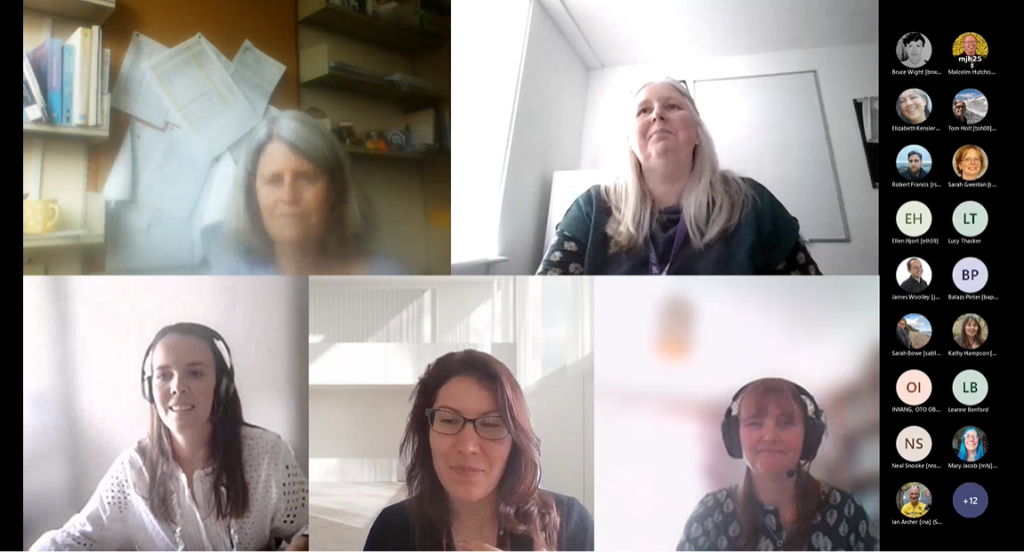Blog post by Jeffrey Clark (Student Digital Champion)

Separating the wheat from the chaff
With millions of websites available to Internet users, it can be hard to tell which ones are legitimate. For every article on a topic that comes from a legitimate news source, there are many more articles on that same topic that are illegitimate. Sharing fake news too often can damage your online reputation, credibility, and negatively affect your academic standing. While studying at Aberystwyth University, it is important to be aware of fake news articles and how to use legitimate articles and sources correctly. This blog post will give you some useful tips on how to achieve both goals which will make your academic journey just that little bit easier. We will go over the basics of fake news, learn how to spot it, and what to do if we encounter it.
What is ‘fake news?’
There are many definitions of fake news but the most widely accepted definition is any news story that is factually incorrect or deliberately misleading. The main purposes of fake news are generating a reaction, pushing a political narrative, or for humorous purposes. It is easy to produce this kind of news on the Internet as anyone can publish anything they want regardless of its truthfulness or their individual qualifications. It is also becoming increasingly difficult to detect as it is easy to disguise a website as a legitimate news source and the rise in technology is making it easier to make other forms of news, such as live reports, appear legitimate.




